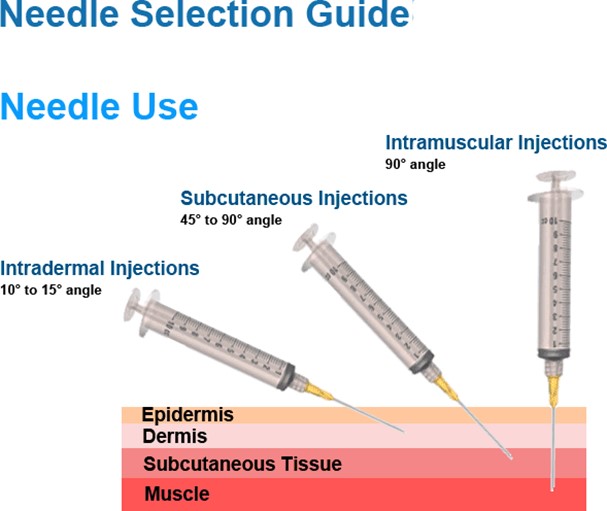Which older adult on bed rest is most at risk to develop skin breakdown? A client who:.
Applies powder after drying the skin.
Has been NPO for four days.
Bathes twice a week.
Has hypertension.
The Correct Answer is B
A client who has been NPO for four days is most at risk to develop skin breakdown. This is because being NPO (nothing by mouth) can lead
to malnutrition and dehydration, which are both risk factors for bedsores. Malnutrition can impair the skin’s ability to heal and resist infection, while dehydration can make the skin dry and fragile.
Choice A is wrong because applying powder after drying the skin can help prevent moisture and friction, which are also risk factors for bedsores.
Choice C is wrong because bathing twice a week may not be frequent enough to keep the skin clean and free of irritants, which can also contribute to bedsores.
Choice D is wrong because hypertension (high blood pressure) does not directly cause bedsores, although it may be associated with other conditions that affect blood circulation and tissue oxygenation.
Nursing Test Bank
Naxlex Comprehensive Predictor Exams
Related Questions
Correct Answer is B
Explanation
Decreased sensory acuity. This is a physiological change that occurs in elderly people due to the reduced function of the sensory organs, such as the eyes, ears, nose, tongue, and skin. Elderly people may experience impaired vision, hearing loss, reduced smell and taste, and decreased touch sensitivity.
Choice A is wrong because diminished attention span is not a normal physiological change in elderly people. It may be a sign of cognitive impairment or dementia.
Choice C is wrong because the increased need for rest is not a normal physiological change in elderly people. It may be a sign of fatigue, depression, or medical conditions.
Choice D is wrong because enhanced intestinal motility is not a normal physiological change in elderly people. It may be a sign of gastrointestinal disorders or infections.
Correct Answer is B
Explanation
This needle size is appropriate for an intramuscular injection into the deltoid of a 175-pound adult male with a viscous fluid.
The needle length should be long enough to reach the muscle through the subcutaneous tissue, and the needle gauge should be suitable for the viscosity of the fluid. A 23-gauge needle is a common choice for intramuscular injections.

Choice A is wrong because a 1/2 inch needle is too short to reach the deltoid muscle in an adult male.
Choice C is wrong because a 1-1/2 inch needle is too long and may cause injury to the underlying nerves or blood vessels.
Choice D is wrong because a 16-gauge needle is too large and may cause excessive tissue trauma and pain.
Whether you are a student looking to ace your exams or a practicing nurse seeking to enhance your expertise , our nursing education contents will empower you with the confidence and competence to make a difference in the lives of patients and become a respected leader in the healthcare field.
Visit Naxlex, invest in your future and unlock endless possibilities with our unparalleled nursing education contents today
Report Wrong Answer on the Current Question
Do you disagree with the answer? If yes, what is your expected answer? Explain.
Kindly be descriptive with the issue you are facing.
